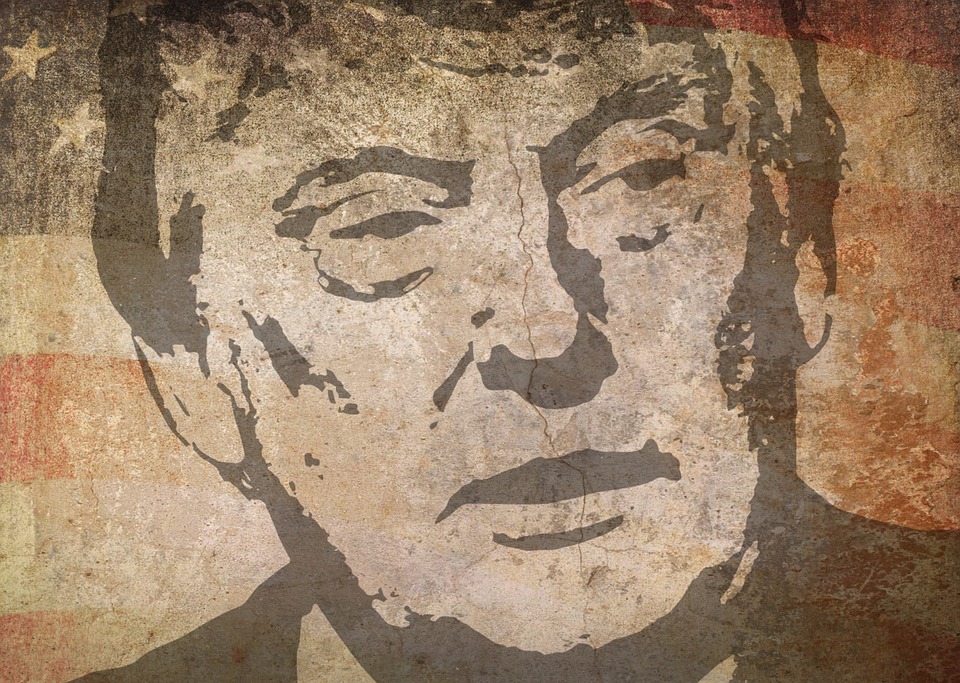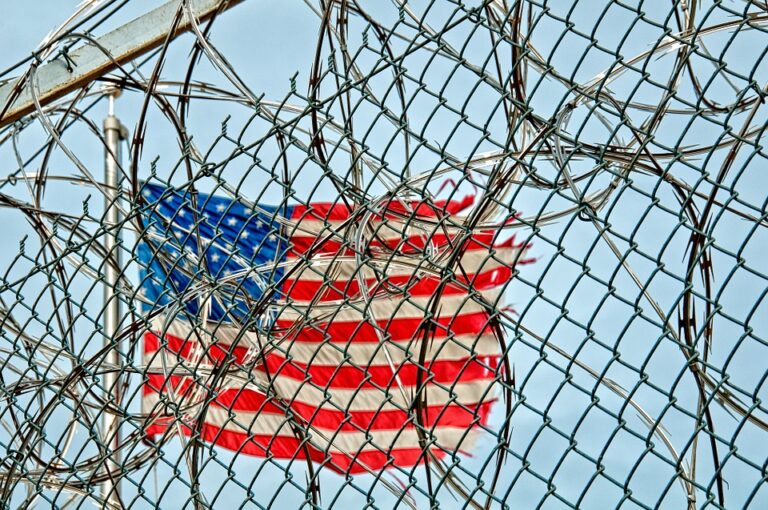Editorial: Master Of Puppets
For-Profit Prisons Pulling The Strings Behind Immigration Policy


Latest Article|September 3, 2020|Free
::Making Grown Men Cry Since 1992



